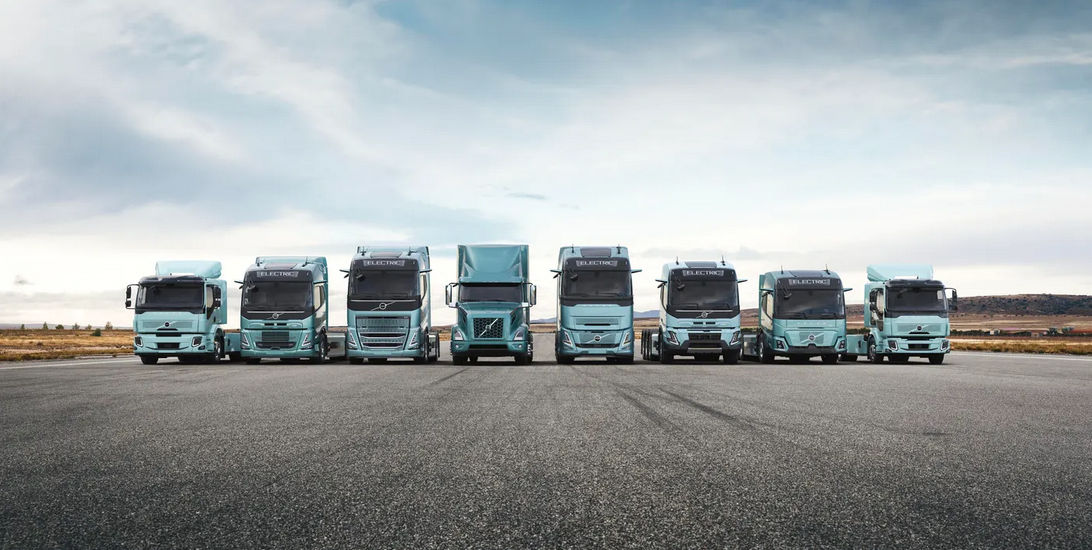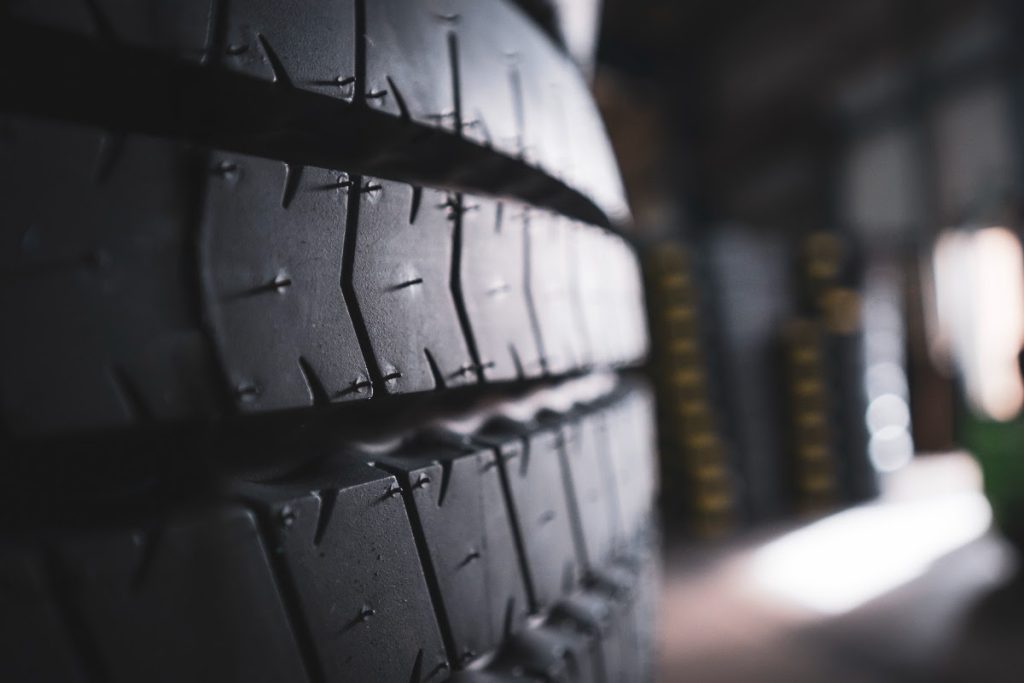New research compares electric HGV and HGV total cost of ownership across Europe, revealing where fleets are poised for the greatest cumulative savings by switching to electric
The research by SNAP, the digital solutions company for international mobility, estimates that in
Ireland is set to save €145,544 after five years.
Despite higher initial purchase costs, the average additional spend on electric HGVs is €42,195 per year on average, compared with €107,163 for diesel – a difference of €64,969 (61%) less.
SNAP researchers modelled the five-year total cost of ownership for diesel and eHGVs across Europe, using officialcountry-level data and consistent economic assumptions to determine when and where electric HGVs become the more cost-effective option.
Over five years, electricity costs for eHGVs average €144,256, compared with €450,319 for diesel, meaning electric trucks save €306,064 on energy alone, a 68% reduction. In that same time period, eHGV maintenance and repair costs average €58,307 versus €85,
The findings come as the haulage industry faces mounting pressure to cut emissions and operating costs. Fuel pricesare unpredictable, and sustainability targets are tightening, with the European Commission’s ‘Fit for 55’ legislative package setting a goal of 45% emission reduction for almost all new HDVs by 2030.
As a result, electric HGVs are emerging as a cost-effective and future-ready alternative to diesel fleets.
The countries with the greatest savings on eHGVs after 5 years are:
Country Cost saving (electric HGV vs diesel) after 5 years
-
Iceland €480,228
-
Switzerland €297,673
-
Netherlands €186,074
-
Italy €170,634
-
Portugal €158,714
-
Romania €150,539
-
Ireland €145,544
-
Norway €139,641
-
Spain €138,732
-
Finland €128,742
HGVs become cheaper to own after the third year of operation in 18% countries: Italy, Portugal, Romania, Switzerlandand Iceland.
Ireland’s Climate Change Advisory Council identifies transport as the country’s second-largest source of greenhouse gas emissions, with passenger cars and heavy goods vehicles accounting for 49% and 22% of transport-related emissions respectively in the most recent year of available data. The organisation says expanding the use of electric vehicles will play a key role in cutting emissions, helping to save an estimated 1.25 million tonnes of CO₂ by 2030.
Matthew Bellamy, Managing Director at SNAP, said that the findings highlight the importance of improved charging infrastructure for HGVs: “It’s exciting for the future of sustainable lorry travel that our research suggests
“However, to unlock the full potential of electric HGVs, we urgently need stronger charging networks across key European freight routes. Reliable, high-capacity infrastructure will be crucial to keep vehicles moving and give operators the confidence to invest in green fleets. Currently, fewer than 1% of fleets in most European countries are fully electric, meaning the potential cost advantages of electrification have yet to be realised on a meaningful scale.”



